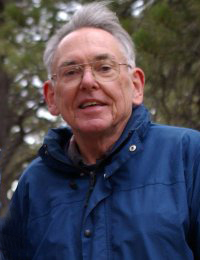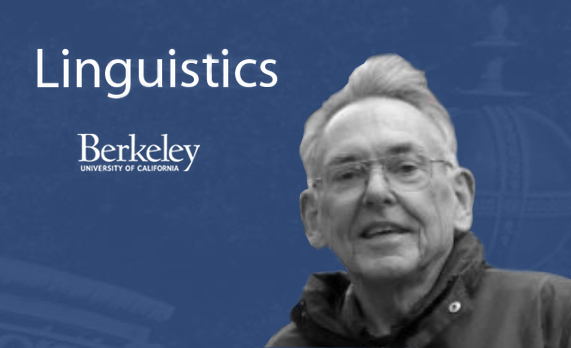 Properes conferències impartides per John Ohala, professor emèrit en lingüística
Properes conferències impartides per John Ohala, professor emèrit en lingüística
International Computer Science Institute
University of California, Berkeley
Organitza:
Departament de Filologia Anglesa i Germanística
Departament de Filologia Catalana
Departament de Filologia Espanyola
Servei de Tractament de la Parla
Facultat de Filosofia i Lletres
Universitat Autònoma de Barcelona
Programa de les conferències en PDF
“The role of listener in sound change”
Dilluns, 27 octubre
11:30-13:00
Aula 501, Facultat de Filosofia i Lletres
ABSTRACT
Sound change — the change in pronunciation of words over the centuries and millennia — has primarily been attributed to speakers who are known to take “shortcuts” in articulation in casual speech or, on the other hand, to hyperarticulate in careful speech. Undercutting this notion, however, is the empirically documented fact that listeners normalize such pronunciation as, indeed, they must if efficient communication is to take place. I will argue that it is the occasional failure of listeners’ normalization or their misinterpretation of what speaker’s produce that leads to sound change. Experimental evidence will be presented along with novel accounts of dissimilation and asymmetries in the direction of sound change.
“The Aerodynamic Voicing Constraint ”
Dimecres 29 d’octubre
15:00-16:30
Aula B7/052 (Sala de reunions), Facultat de Filosofia i Lletres
ABSTRACT
Every discipline aims to account for as many disparate observations as possible by a few underlying principles. In phonology one such principle is the Aerodynamic Voicing Constraint (AVC). The AVC prescribes the aerodynamic conditions for voicing (vocal fold vibration) and the consequences if these conditions are not met. In conjunction with other articulatory, aerodynamic, and acoustic-auditory factors and through sound change, the AVC can explain a variety of sound patterns involving (de)voicing, aspiration, prenasalization of voiced stops, ATR (Advanced Tongue Root), etc., as they affect segment inventories of languages, phonotactics, morphophonemics and more.


